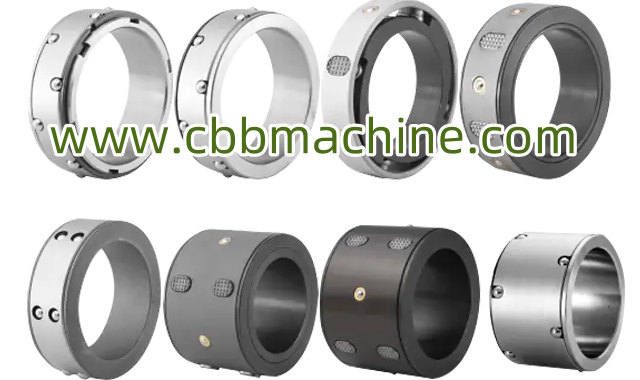What to Look for in a Reliable Differential Shaft Supplier
Working with an experienced Differential Shaft Supplier is essential for industries that rely on high-precision web handling and tension control systems. Differential shafts, often used in slitting, winding, and unwinding machines, are critical components for ensuring accurate tension adjustment and consistent roll quality during production. As manufacturing processes become more demanding and product specifications more exact, choosing the right supplier for differential shafts plays a direct role in long-term operational success.
What Is a Differential Shaft?
A differential shaft is a mechanical shaft designed to handle multiple winding or slitting reels at once. It allows each reel to rotate independently while maintaining uniform tension across the web material. This is especially important when dealing with variations in core thickness, roll diameter, or film tension. The shaft compensates for these inconsistencies, ensuring that each roll winds evenly without slippage or damage.
Differential shafts are widely used in industries such as:
Packaging and labeling
Paper and film converting
Textile and nonwoven processing
Plastic film production
Laminating and coating applications
Because each of these industries requires precise material handling, the quality and performance of the differential shaft can greatly influence product integrity and production efficiency.
Key Features of High-Quality Differential Shafts
When sourcing from a Differential Shaft Supplier, it’s important to ensure that the shaft includes certain essential features to meet industrial standards. These include:
Individual Friction Rings or Ball Lock Mechanisms – These enable independent rotation of multiple rolls on the same shaft, supporting accurate tension control.
Robust Shaft Body – Materials like hardened steel or aluminum alloys ensure durability under continuous high-speed operation.
Core Compatibility – The ability to fit various core diameters, such as 3-inch or 6-inch cores, depending on the machine setup.
Dynamic Balance and Concentricity – Precision manufacturing ensures smooth operation with minimal vibration, even at high rotational speeds.
Easy Maintenance Design – Simplified assembly for cleaning or replacing friction elements, minimizing downtime.
The choice of features will depend on the type of material being processed, the machine layout, and the target output requirements. A knowledgeable Differential Shaft Supplier will be able to guide customers through these options based on their operational needs.
Why the Right Supplier Matters
Choosing the right Differential Shaft Supplier isn't just about purchasing a product—it’s about gaining a long-term partner in your production process. A reliable supplier provides more than just components; they deliver tailored solutions and support that can reduce waste, enhance roll quality, and increase overall efficiency.
A few reasons why supplier selection matters:
Customization: Different machines require different shaft lengths, core holding mechanisms, and friction settings. A capable supplier can offer custom configurations to match specific systems.
Consistency in Manufacturing: Tolerances must be tight and uniform across each unit. Inconsistent shafts can cause imbalanced winding and material waste.
Technical Support: Proper setup and troubleshooting assistance are critical when integrating a new shaft into a high-speed production line.
Lead Time and Availability: Having timely access to new or replacement shafts ensures your operations stay on schedule.
Material Quality: A quality supplier uses durable, industrial-grade materials that offer long service life under demanding conditions.
Selecting a Differential Shaft Supplier with a strong reputation for product reliability and engineering support can help manufacturers avoid costly delays and mechanical failures.
Customization and Engineering Support
Every application has its own unique challenges. Some materials may require greater torque; others might involve sensitive films that can’t withstand excess pressure. A supplier that offers engineering support can help design the most suitable shaft configuration by adjusting factors such as:
Shaft diameter
Friction ring settings
Sleeve material (rubber-coated, aluminum, or custom designs)
Air supply requirements
Core-locking type (mechanical, pneumatic, or hybrid)
With proper customization, the shaft can help achieve optimal tension control, smooth winding, and improved product quality.
Conclusion
Differential shafts are essential in a wide range of material-handling and web-processing applications. By partnering with a reliable Differential Shaft Supplier, manufacturers gain access to durable, precision-crafted equipment tailored to their specific production needs. Whether upgrading existing systems or starting a new line, selecting a supplier with the ability to provide customization, support, and consistent quality is key to maintaining efficient and reliable operations.

